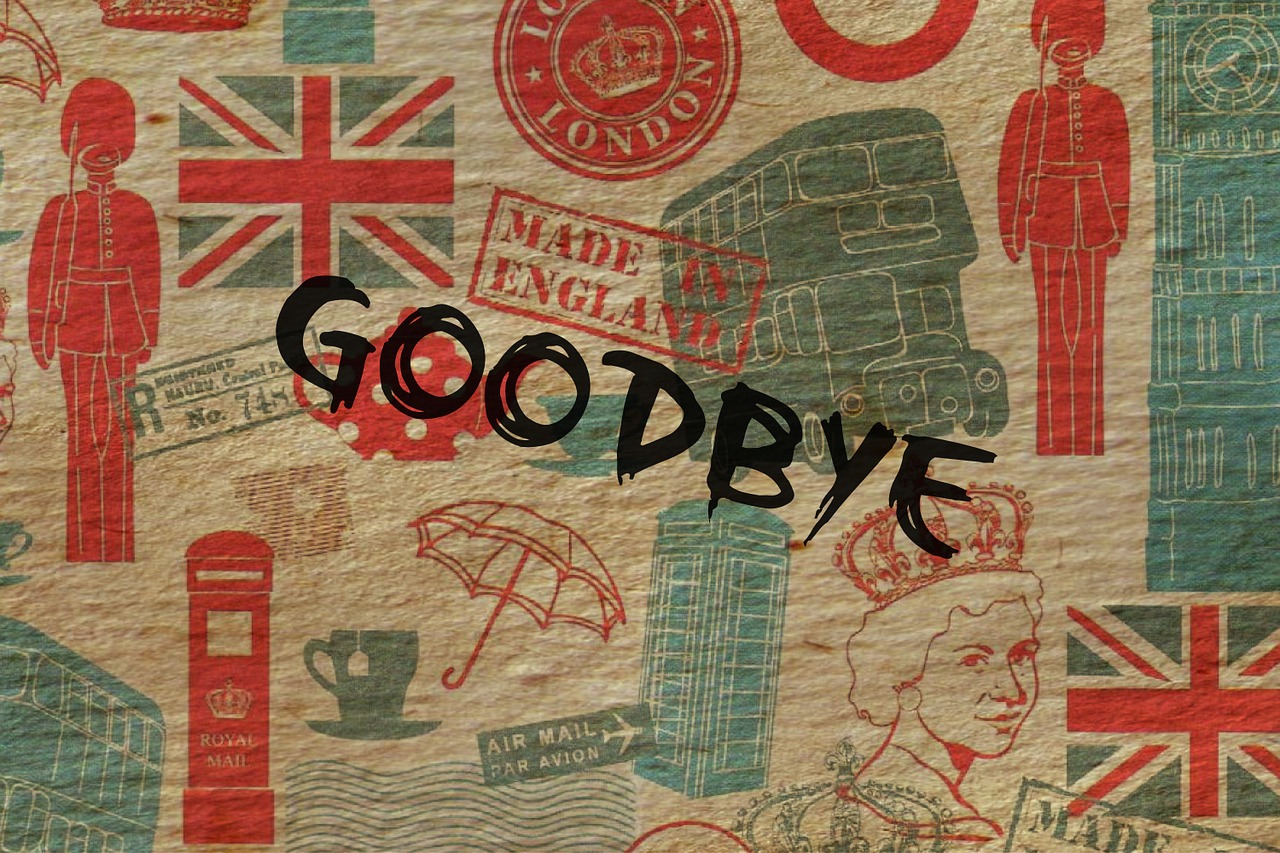The repercussions of the United Kingdom’s decision to leave the EU are still ongoing and the full extent of leaving won’t become clear for many years. One of first sectors that will be affected by Brexit will be the travel industry. In this article we look at how traveling to the UK has changed both for visitors to the country and British nationals going to Europe.
One of the biggest impacts of the referendum vote could be the end of borderless travel. At the moment British and European citizens can move freely across borders without having to pass through passport control. If the Schengen agreement is also removed then the future could see a lot more queuing at immigration and border checks becoming the norm.
The border between Northern Ireland and the Republic of Ireland is set to be one of the most contentious parts of Brexit. The Irish border is the only land border Europe has with the United Kingdom. Many professionals fear that creating a border could stir up old tensions between the UK and Ireland. However EU Law experts have stated that the Common Travel Agreement could remain but would have to be altered in the negotiations.
The cost of traveling is also likely to rise dramatically. Airfares between the UK and Europe could rise once Britain leaves the single market. British tourists might find themselves paying higher insurance as their European Health Insurance Card becomes void. Since the referendum the value of the British pound has dropped which has been good for visitors going into the UK.
Editor in chief at ThePointsGuy.com Zach Honig told the New York Times that “for lots of people London is traditionally an expensive tourist destination … [it is] now within reach for a lot of US based travelers”. Unfortunately for the Brits the price of traveling out of the country has risen making their holidays more expensive.
The ramifications of Brexit on the UK’s tourism industry are already being felt. The number of tourists to the UK has dropped during the first nine months of 2016. It had been predicted that there would be a tourist boom post-Brexit due to the falling pound. Yet despite a spike in online searches for British destinations this has yet to covert to an increase in the number of visitors.
The long-term effects of international travel due to Brexit will not be clear for the next few years and perhaps even longer. As the referendum to leave the EU was not legally binding this has caused a huge rift in how Britain will leave, commonly known as a hard or soft Brexit. The British government has so far made conflicting statements on which direction the UK will take. If it is a hard Brexit then expect to see much tougher border controls.
Despite all the negativity around Brexit, the UK is still a great place to visit and is full of rich culture. Nothing will change until the UK starts negotiating and with the value of sterling down it is the perfect time to pay a visit.











